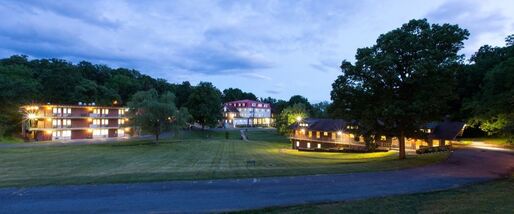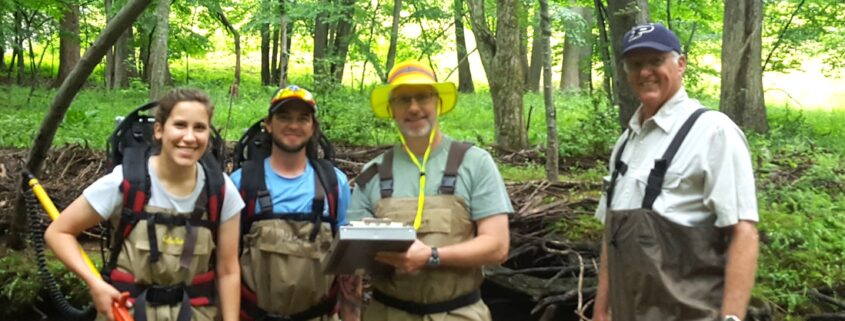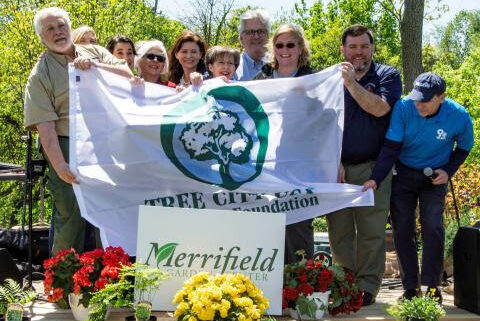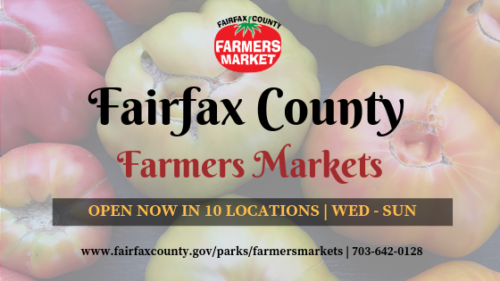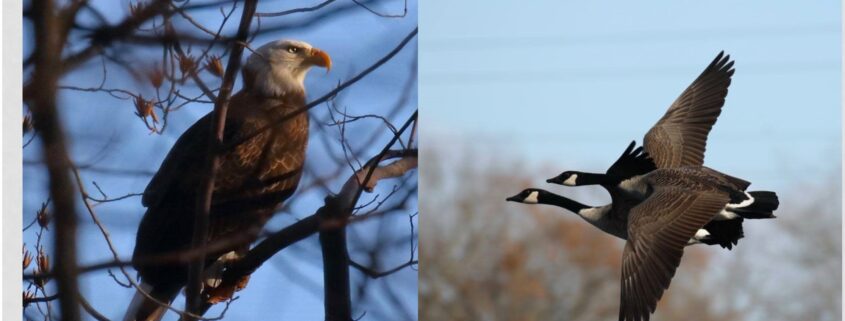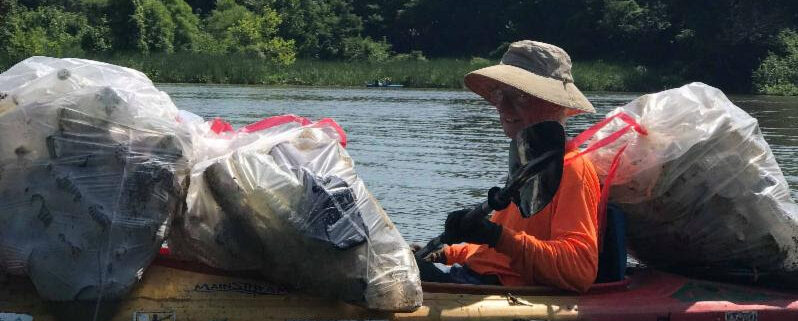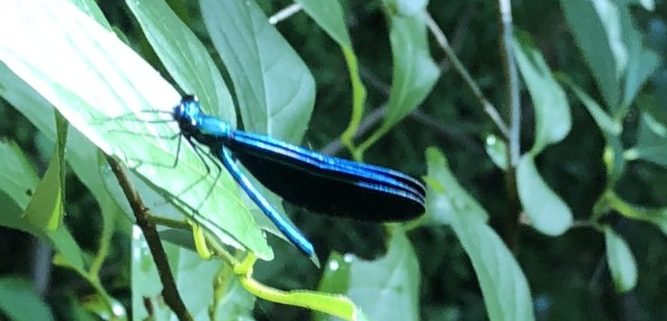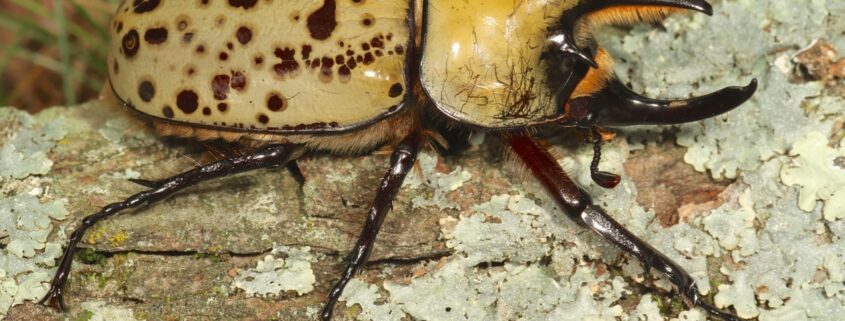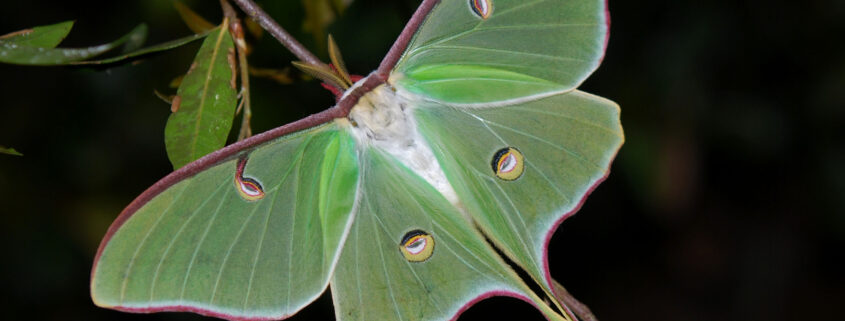Doug Britt was honored as one of two 2019 Volunteers of the Year, for his efforts to guide Reston into becoming a member of the Biophilic Cities Network. In 2018, Reston officially became the 13th partner community, joining such biophilic cities as Singapore; Sydney, Australia; Wellington, New Zealand; Oslo, Norway; Edmonton, Canada; Portland, San Francisco, Austin, and Washington, DC. The successful application to join this prestigious Network came about as a result of a recommendation made by the Reston Annual State of the Environment Report (RASER) Working Group, led by Mr. Britt. The RASER Working Group was established by Reston Association’s Environmental Advisory Committee in 2017. It was charged with the task of assessing and documenting the environmental conditions of the community to establish a baseline against which future changes could be measured. Doug served alongside five other Fairfax Chapter VMN program graduates: Don Coram (who won the 2019 Volunteer Reston 55+ Volunteer Award), Robin Duska, Linda Fuller, Lois Phemister, and Claudia Thompson-Deahl, all of whom helped prepare the RASER.
The first RASER was published in July 2017. It evaluated 16 separate environmental attributes of the Reston community, concluding with a postscript arguing that Reston is a biophilic community by design and intent of its founding principles. Reston’s particular way of connecting its natural areas to its residents (through its many walking paths, trails, Nature Center, recreation areas, and education/outreach programs) maximizes such connectivity and promotes more frequent, longer duration, and more immersive interactions, while the preservation of Reston’s green spaces also creates healthy viewscapes from much of the built environment.
The current RASER was completed by the Working Group in November 2018. The report updates and expands upon the first RASER. The 2018 report evaluates the status of the following environmental attributes: Air Quality, Streams, Lakes & Ponds, Stormwater Management, Drinking Water, Wastewater Treatment, Urban Forests, Meadows, Wetlands, Landscaping & Urban Agriculture, Birds, Mammals, Reptiles & Amphibians, Invertebrates, Wildlife Management, Hazardous Materials & Toxic Wastes, Light Pollution, Noise Pollution, and Education & Outreach.
All together, the Working Group analyzed and reviewed more than 325 data sources and scientific reports during the summer and fall of 2018 by the Working Group. Each environmental attribute was then given a qualitative status using a traffic light icon to distinguish between “good”, “fair”, “poor”, or “undetermined”. The last designation indicates that not enough data exist to make a reasonable assessment at this time. The full report includes 135 graphs, tables, maps and photos, along with a complete list of references for readers interested in more detailed information. The current report also expands on each environmental attribute analyzed by including information about how each attribute relates to Fairfax County’s current Environmental Vision document (something that was not included in the earlier 2017 RASER).
Another addition to the current RASER is a “Recommendations & Report Card” chapter. It describes 11 new recommendations for improving or protecting Reston’s environmental quality, and evaluates progress made towards implementing the 61 previous recommendations listed in the 2017 RASER. Nearly 2000 hours of uncompensated volunteer time went into the production of the RASER and implementation of many of its recommendations.
The complete 2018 RASER (and its Executive Summary) can be viewed at the Reston Association’s NATURE OVERVIEW.
This work falls under Service Project C-245. Mr. Britt welcomes the service of Fairfax Master Naturalists who are interested in contributing.
Full account of the awards and the activities that led to them


